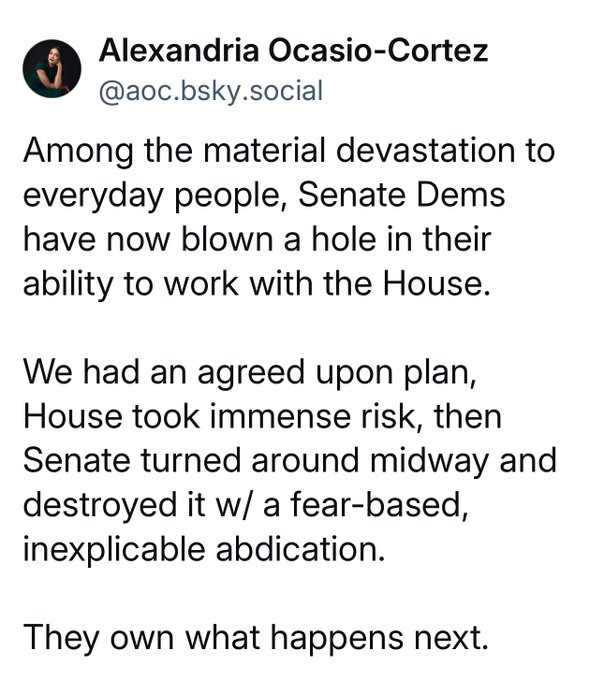Why does trump need Schumer's vote? Republicans have a majority in the Senate.
President Trump needs Democrat votes in the Senate to pass a Continuing Resolution (CR) because of the Senate's procedural rules, specifically the requirement to overcome a filibuster.
In the Senate, most legislation, including a CR, needs 60 votes to invoke "cloture," which ends debate and allows a bill to proceed to a final vote.
As of March 14, 2025, Republicans hold a majority in the Senate with 53 seats, but this falls short of the 60-vote threshold needed to break a filibuster.
Without 60 votes to advance the CR, Senate Democrats could filibuster—essentially delaying or blocking the bill indefinitely by extending debate—unless enough of them cross party lines to support it.
With at least one Republican, Senator Rand Paul, publicly opposing the current CR (as noted in multiple sources), Republicans need at least eight Democrat votes to reach the 60-vote mark, assuming all other Republicans vote in favor.
@Grok
Poor Salty Walty.



